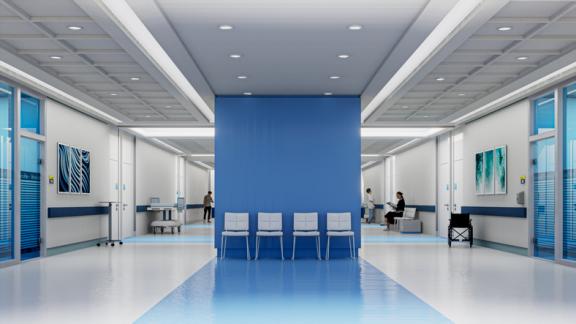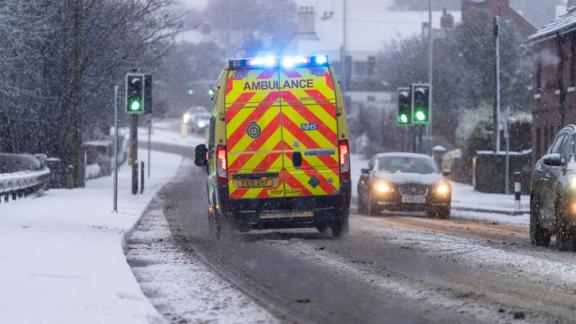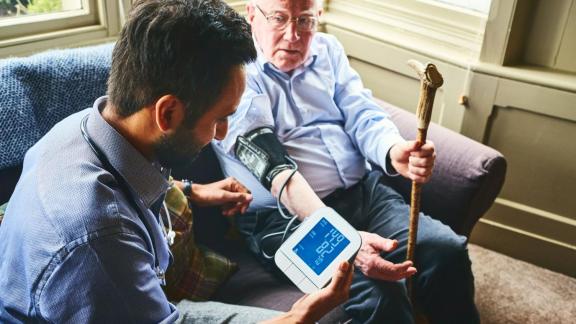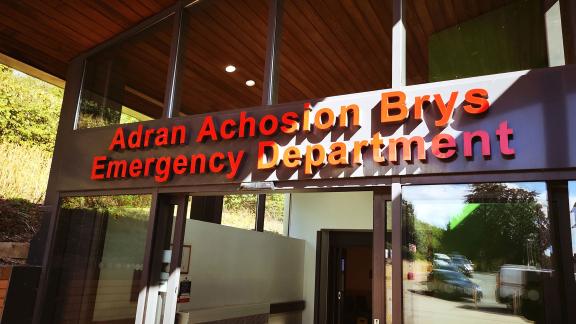Ambulance handovers show progress, but system pressure remains without social care and capital investment boost
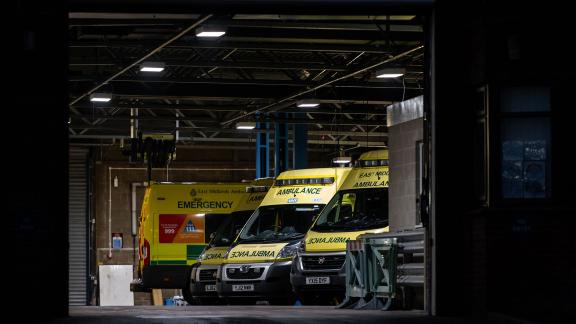
Responding to the latest NHS performance and activity statistics, director of the Welsh NHS Confederation Darren Hughes said:
“While we don’t have the full span of data today, it’s clear that as we head into winter, the NHS is already running hot, with an early flu season piling further pressure on already stretched staff and services.
“It’s positive to see the ongoing progress in ambulance handover delays, something health boards and the ambulance service have been working exceptionally hard to improve for patients so that ambulance staff can get back onto the road to see those who need them most.
“There are however still plenty of challenged areas. For example, diagnostic waits are increasing and pathway of care delays – those waiting for a care package so they can be discharged from hospital – went up in September.
“Key to addressing this is bolstering social care capacity through improved pay, terms and conditions for social care staff. And to be in with a fighting chance of significantly improving waits and patient access, we need to rethink the capital funding strategy to modernise NHS buildings and for digital infrastructure to be upgraded so that they can provide faster, more efficient care.
“More is being done than ever to try and mitigate demand this winter, including falls prevention initiatives and the Welsh Ambulance Service introducing a new initiative to improve care for people who do fall, which is so often our elderly and vulnerable population. It’s also important those who are eligible take up the offer of vaccination.
“We all have a part to play this winter to protect the most vulnerable in our society and ensure the NHS is there for those who need it most, including accessing the most appropriate services for our needs, whether that’s our local pharmacy for common ailments to reduce pressure on GPs, or visiting the NHS 111 website as a first port of call if you’re not sure where to go and your need isn’t immediately life threatening.”
